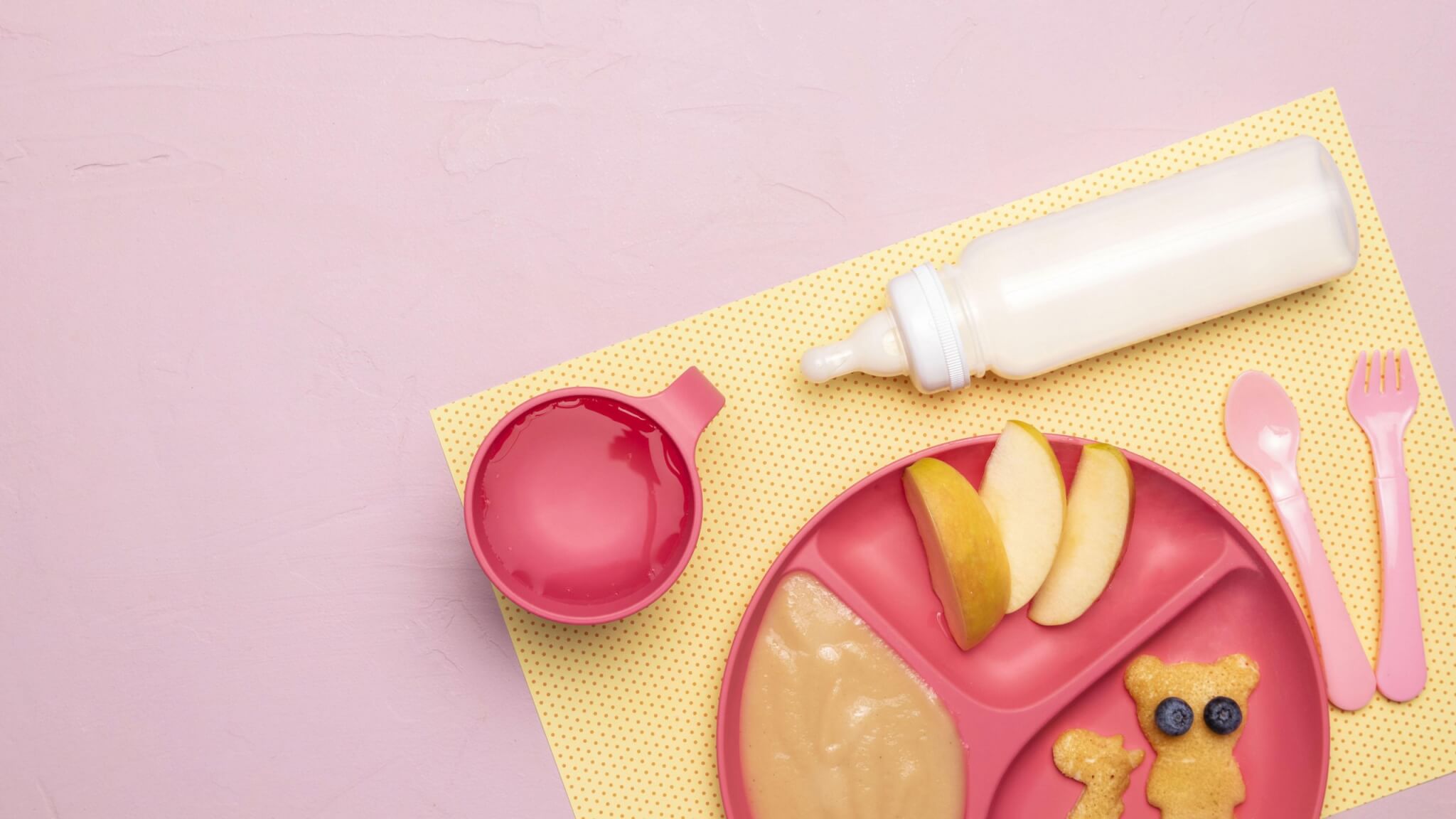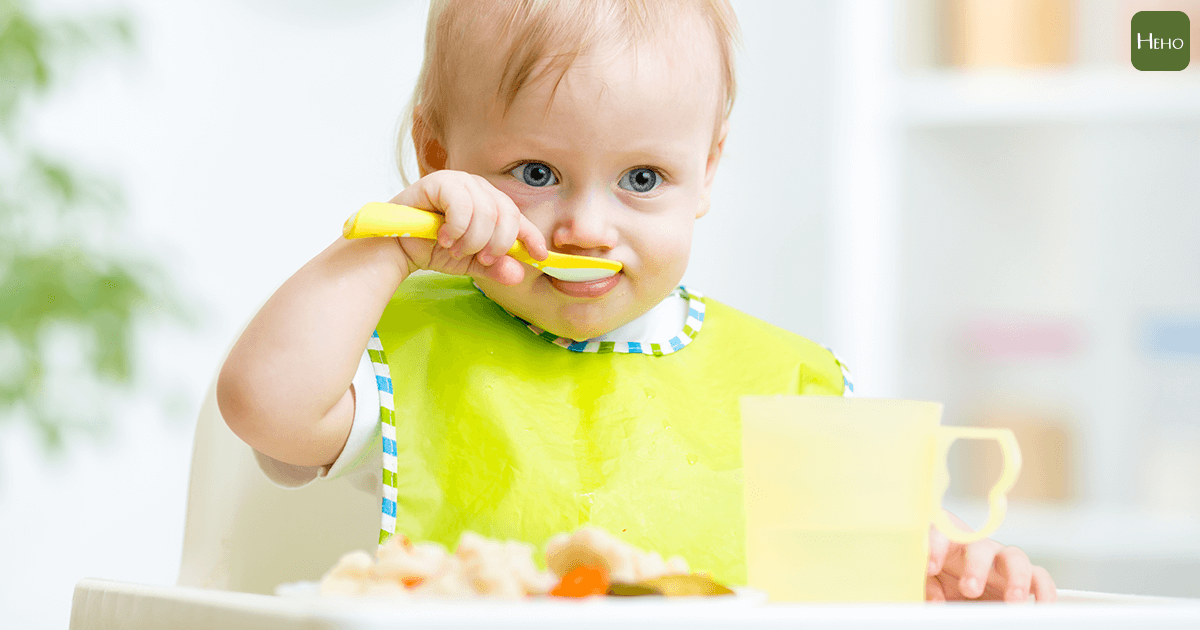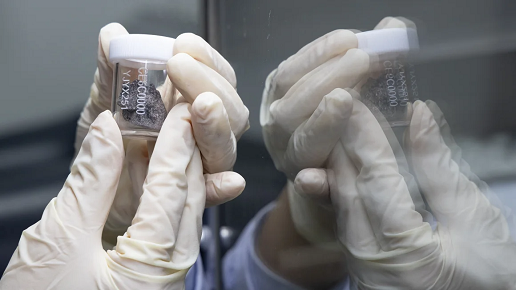When the baby can sit up and control head movements, if they show interest in food, they can start trying complementary foods. The most important thing is to choose soft or mashed textures to avoid choking. Also, remember to introduce only one new food at a time to test for allergic reactions.

Apples contain pectin and dietary fiber, which can promote gastrointestinal motility and prevent constipation in babies (Photo / Courtesy of Heho Parenting).
List of Fruits for Baby Complementary Foods:
- Apple
- Nutritional Value: Contains pectin, and dietary fiber, promotes gastrointestinal motility, prevents constipation, and contains vitamins B, potassium, zinc, polyphenol antioxidants, rich in nutrients and mild.
- Banana
- Nutritional Value: A source of fiber, potassium, vitamins B6 and C, helps digestive system health. Naturally high in sugar, babies love it, but should not be given too much at once, 1/3-1/2 a banana per day is sufficient.
- Dragon Fruit
- Nutritional Value: Low in calories, rich in vitamins C, E, potassium, polyphenols, anthocyanins, and dietary fiber. Suitable for constipated babies, but not suitable for those with diarrhea.
- Golden Kiwi
- Nutritional Value: Rich in vitamin C, maintains immunity, helps absorb plant-based iron, suitable for babies who have just weaned from breast milk or formula.
- Avocado
- Nutritional Value: Known as the "most nutritious fruit," actually classified as "oily," containing 7-40% polyunsaturated fatty acids, beneficial for cardiovascular health, and helps babies with underweight issues.
- Papaya
- Nutritional Value: Rich in beta-carotene and vitamins B, C, and E, helps synthesize vitamin A, and promotes vision, immune system, and skin development. Mature papaya has fewer proteases, is less irritating, and has a soft texture, suitable for babies.







